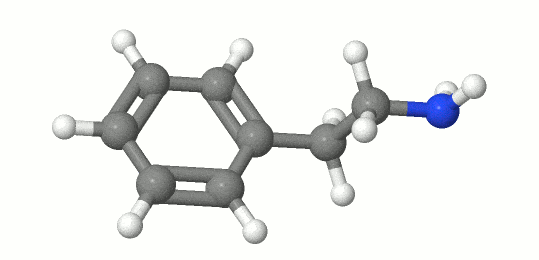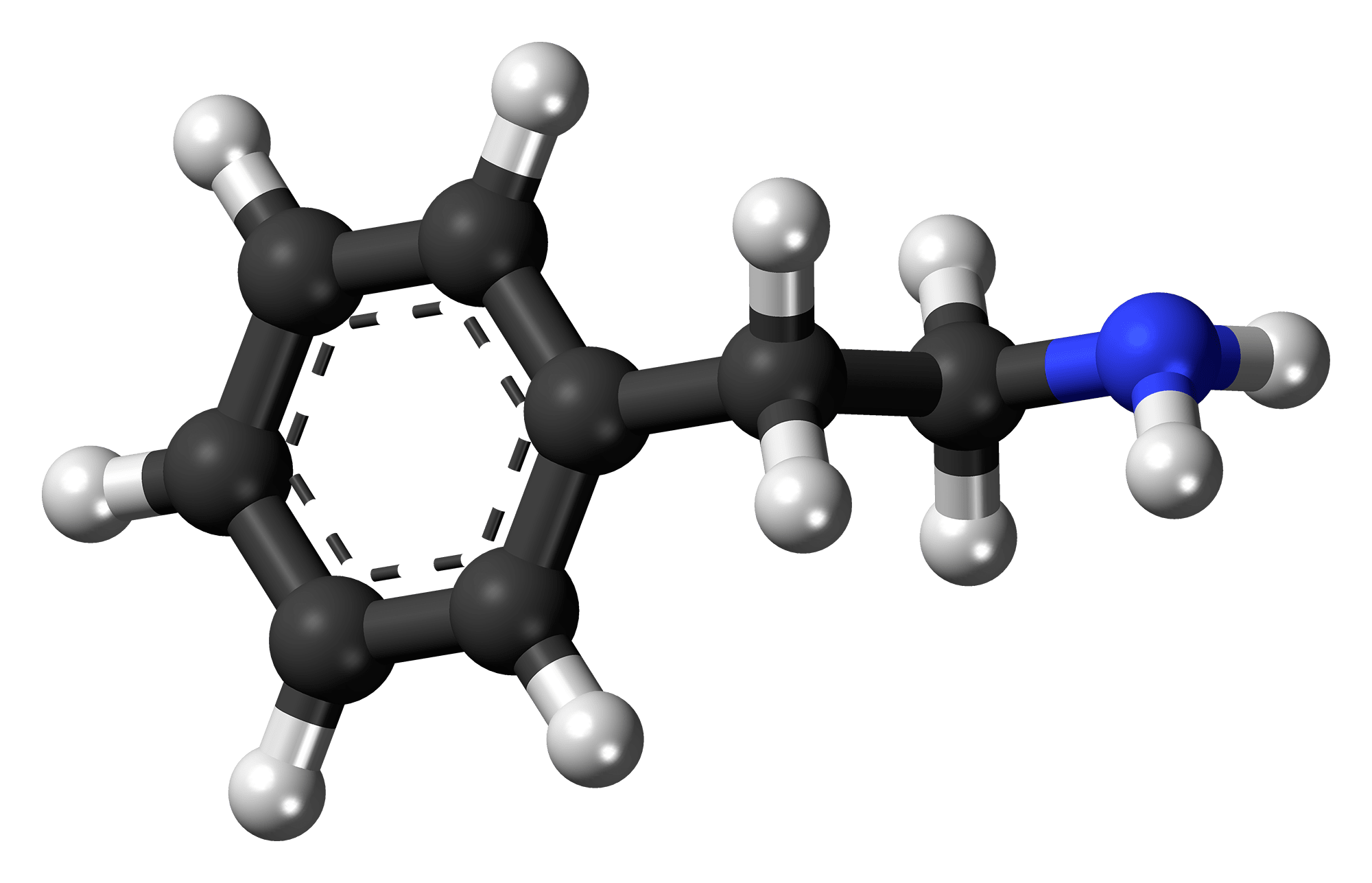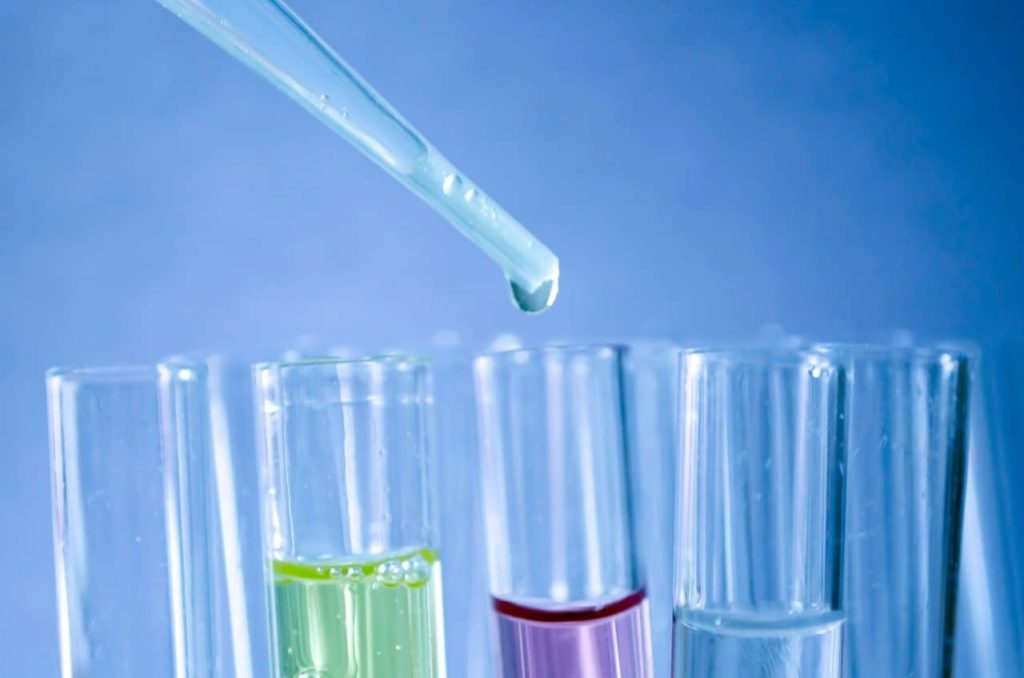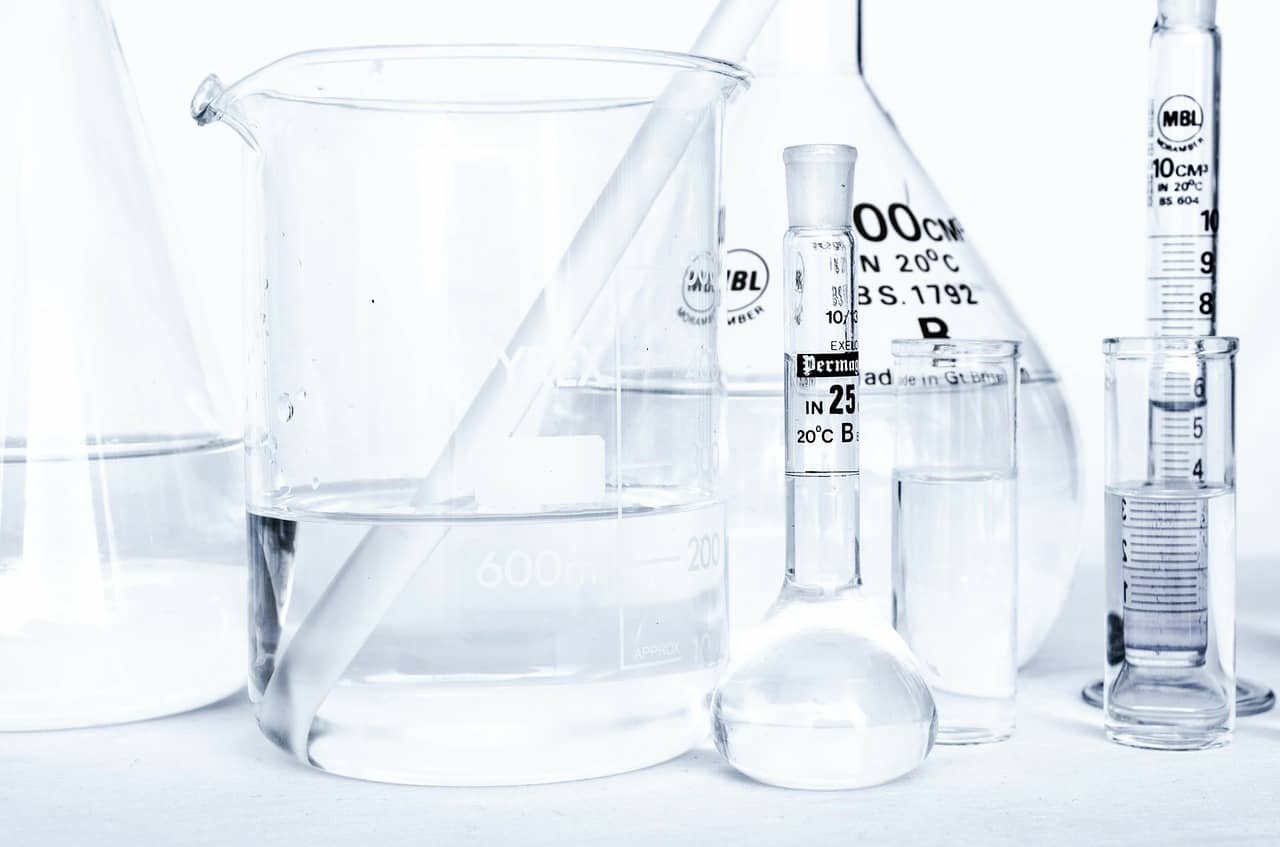What is PEA drug?
Phenethylamine is a chemical substance that naturally exists in the body. It is also manufactured in the laboratory. Phenethylamine is produced by various species in the human, plant, and animal kingdoms. It acts as a central nervous system stimulant in humans. Phenethylamine is used for depression, weight loss, sports performance, and to improve mood and concentration. More studies need to be done to support these claims (1).
Phenethylamine is a natural monoamine alkaloid that can stimulate the central nervous system’s production of chemicals. It can also be used to treat various conditions. In the brain, it regulates the transmission of monoamine by binding to a receptor known as TAAR1.
Although it’s mainly used as a neurotransmitter in the human brain, phenethylamine can also be produced in other organisms. In mammals, it’s produced by the L-amino acid decarboxylase enzyme. It can also be found in various food and beverages, such as chocolate.

As a central nervous system Stimulant, Phenethylamine stimulates the body to create some chemicals that may help with depression and other mental illnesses. It acts as a central nervous system stimulant in humans. As a central nervous system stimulant, phenethylamine is used to treat depression and many other mental illnesses. Most importantly, it is used for weight loss, sports performance, and improving mood and concentration. More research needs to be done to support these claims (1)(2)(3). Taking phenethylamine as a supplement can help those who cannot produce enough phenethylamine naturally. However, using too much of phenethylamine may cause side effects that are known to be similar to those of amphetamine (2)(3).
Phenethylamines belong to a broad category of psychoactive substances with a long history of licit and illicit use. The licit use of phenethylamine has been for spiritual and medical purposes while the illicit use has been more for recreational purposes. As phenethylamines gets popular, young individuals have been catching fun with these compounds in rave and slub environments. The easy access of phenethylamine today has lead to an increase in its abuse by youths. This has been a major issue and has created mixed feelings towards Phenethylamines and got the attention of the authorities who are fighting to make sure phenethylamine is used the right way and for the right purpose (4).
Phenylethylamine is a neurotransmitter precursor. It is most active in the central nervous system (CNS) and is believed to affect mood and behavior. It is a popular recreational drug, but there is controversy surrounding its safety. It is usually purchased via the Internet and used mostly by adults and can produce serious side effects when abused.
Other Related Compounds
It should be noted that there are currently seven major classes of designer drugs considered similar to phenethylamine: phencyclic amines, cannibinogenic compounds, enkephalins, flavonoid chemicals, neuroleptic substances, tricyclic antidepressants, and reversible amines. Although many of these substances have similar structures to phenethylamine, each class represents a distinct class of substances with unique properties and toxicology. For this reason, it is important to be aware of the contents of a given mixture and determine whether or not it may be abused before purchase.
Phenethylamine Class of the 2C Family
Phenethylamine belongs to the 2C family of antidepressants. It shares its structural base with other substances in a large family of aromatic compounds called the aromatic ligands. This group includes several substances with hallucinogenic properties such as diphenhydramine (DHT), trifluoperazine (TFA), and quetiapine (SQP). However, it isomers of the phenethylamine group are the focus of much research and studies. The two most common chemical neurotransmitters are epinephrine and norepinephrine. The two chemicals stimulate the release of certain neurotransmitters in the brain.
International Concerns of Phenethylamine Towards Abuse
For a fact, international concerns for phenethylamine have increased and in the UK phenethylamine was outlawed in 2002 and is now considered as a Class A (Schedule I) drug. In the US, the DEA considers phenethylamines as a Schedule I drug and not all. Some phenethylamines still remain legal to use medically. To answer the question, is phenethylamine illegal? under the ASCS Act (Analogue Statue of the Controlled Substance), it is practically illegal to traffic any compound chemically analogous to phenethylamines (5).
Beneficial Usage of Phenethylamine
According to the FDA, it is a “food supplement” and the agency considers it safe for human consumption. Taking phenethylamine as a supplement can help those who cannot produce enough phenethylamine naturally. Still, some experts have raised questions about the safety of this powerful stimulant.
The question of whether or not phenethylamine is legal has been addressed many times, and the answer isn’t very clear. Most people can buy it off the shelves without any health risks. However, there are some severe side effects associated with the use of this chemical, including nervousness, anxiety, panic attacks, depression, agitation, tremors, nausea, vomiting, seizures, coma, and even death. With this, many are for the control of phenethylamine.

Reasons Pushing Towards the Control of Phenethylamine
The above concerns explain the one reason why health care providers usually advise against the use of many diet aids, including ephedra and ephedrine, which are believed to be effective in boosting energy and helping people lose weight. If you decide to use phenethylamine as a pick-me-up, as many consider it to be, you need to make sure that you are aware of its possible side effects, which are pretty severe. It is probably best to avoid it altogether. Yet, there are situations where it might be appropriate to use it, such as: if you suffer from epilepsy, a seizure disorder, depression, diabetes, dementia, mania, or hyperthyroidism; if you are pregnant, expecting, or breastfeeding; if you suffer from cancer or other serious medical conditions. If you take prescription medications, especially stimulants, please consult your physician before adding phenethylamine to your regimen.
Is phenethylamine illegal?
In the US, the DEA has classified certain substances, such as phenethylamines and tryptamines, as Schedule I substances. However, while it is still illegal to possess 2C-B or DMT, the possession of 5MeO-DMT or 2C-I remains legal.
Usage of Phenethylamine with other Drugs
While it is true that many health risks exist when it comes to combining phenylethylamine and other drugs, it is probably fair to say that the greatest danger of phenethylamine is when it is used in isolation. When taken alone, it causes very little change in blood flow and blood pressure, but when it is consumed in extremely large doses, it creates a wide range of adverse effects on almost every system in the body. Because of this, it is important that anyone looking to purchase supplements containing phenylethylamine should get good, reliable safety data and use them accordingly. Any supplement containing this compound must be accompanied by a full list of ingredients, along with a statement from the manufacturer that says that the combination of this compound with other compounds is not safe and will lead to severe, life-threatening side effects if such combinations are done without consulting with a medical professional first. Phenethylamine supplements are still legal in many states, so long as they come with proper warning labels.
The second reason why it is not likely safe to combine phenethylamine with other drugs like tryptamines is because most people who suffer from Phenylpropanism do not have an addiction problem. They simply find that they enjoy the immediate results of the drug. That is why the two substances are often found together in the illegal phenethylamine market. Although recreational use of these substances is not uncommon, the recreational use of these two substances is considered to be highly dangerous and could cause severe health problems. The side effects of phenylethylamine can range from confusion and dizziness, to severe depression, delusions and hallucinations, and, in extreme cases, suicide. Because of this, it is illegal to sell, distribute, and use phenethylamine under any circumstances.
Phenethylamine and Monoamine Oxide.
Monoamine oxidase (MAO) supplements are another popular substance used by depressed patients to try and combat the nasty side effects of phenethylamine. Like most supplements, there is good, reliable information out there concerning the efficacy of these products in helping to treat phenylamine-induced behavior disorders and the like. However, it is also important for anyone considering MAO products to know and understand that even though the substances themselves are relatively safe, any MAO product, even those sold over-the-counter, can produce a dangerous build-up of potentially harmful conditions if used improperly. This includes things like birth defects, liver damage, and depression.
One last condition related to phenylethylamine and MAO is dyme dystrophy, or “white hand”, a rare condition in which the body lacks the proper amount or activity of a specific set of neurotransmitters known as norepinephrine and epinephrine. Because this condition frequently accompanies high levels of anxiety or depression, it can be used to test the effects of low doses of phenethylamine on these neurotransmitters. Unfortunately, much of the evidence surrounding the use of this substance for these purposes comes from the work of autistic individuals, who are most at risk for developing type dystrophy as a result of prolonged phenylamine use. There is, however, sufficient evidence to suggest that there may be some benefit to individuals with other mental disorders, particularly if they exhibit a chronic lack of concentration or poor impulse control. For example, individuals with attention deficit disorder, attention deficit hyperactivity disorder, depression, and other mood disorders have all been shown to be at a higher risk of developing dymestrophy.
Long-term Use of Phenethylamine.
There have been no published studies concerning the long-term use of phenethylamine, particularly when it is taken in its pure form. It is a very strong designer drug and with very strong effects to the body. A substantial amount of the drug is believed to be found within the brain and liver. There is very limited published literature on the effects of the drug in animals, despite the fact that it has been used for decades in veterinary medicine. This lack of research casts doubt on the effectiveness of the substance in treating canine epilepsy and can lead to dire consequences if it is ingested.
Although there have been some promising results in the use of phenylethylamine derivatives for depression and attention deficit hyperactivity disorder, these effects have not been replicated in clinical trials. There is no current use of this substance in human studies to test for abuse potential. Animal studies have not established any toxic side effects when use is made under the supervision of a veterinarian. Animal studies do indicate that the possible side effects of this chemical in high doses are the same as those of amphetamine.
Currently, the Food and Drug Administration (FDA) has not approved the use of these substances in humans. Because they are still considered illegal substances, there is very little information available on their clinical effects or on their long-term health hazards. Most major cities across the United States, as well as other countries, have many animal poison centers which receive shipments from the pharmaceutical and animal poison industries. Animal poison centers have been known to use these chemicals in euthanasia cases. It is unknown whether these facilities inform the FDA or not about the use of these chemicals.

Animal studies involving children, pregnant women, and mentally retarded people have shown that phenethylamine and other related compounds including leachisite and amine are harmful if used at high doses over extended periods of time. People who take these at even low levels over a long period of time can experience multiple symptoms, including anxiety, seizures, hallucinations, hostility, mania, delusions, depression, irritability, agitation, and blushing. People who use Phenethylamine are also at risk for car crashes, possible heart attacks, hypothermia, memory loss, and drug or alcohol addiction. It is believed that some individuals may develop an addiction to Phenethylamine.
Although there is some evidence of the medicinal benefits of Phenethylamine, it should be noted that the medical community has not approved these substances for treating any medical condition. It is believed that further studies must be done before these substances can be approved for treatment. In the meantime, Phenethylamine is a very safe substance with few side effects and very little health risk when used properly. If you are taking one of these substances under careful supervision, there will be very little risk of addiction or other negative health effects. With regular use, Phenethylamine can produce powerful hallucinations which can be beneficial in certain situations, but their real potential uses are still unknown.
- Ibogaine: Exploring the Potential and Perils of a Psychedelic Therapy
- Behavioral Therapy: All You Need To Know About Behavioral Therapy
- Substance Use Disorders: Understanding the Science, Risks, and Recovery
- Cognitive Behavioral Therapy (CBT): Unveiling the Depths of a Transformative Approach
- Mescaline: Exploring the Science, History, and Therapeutic Potentials


Recent Comments